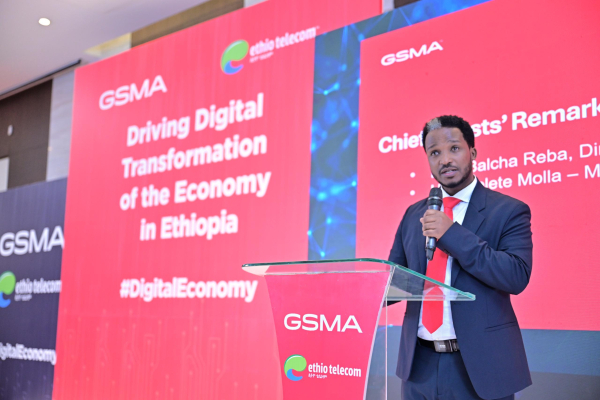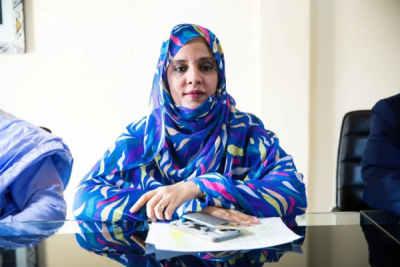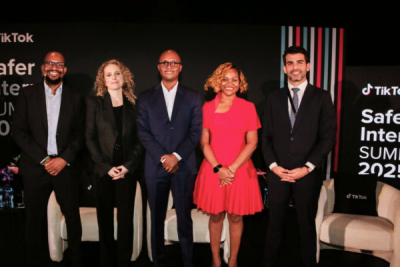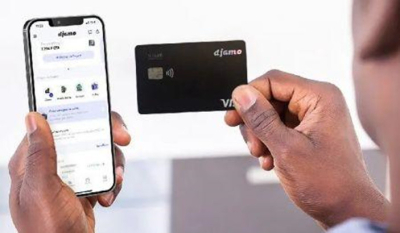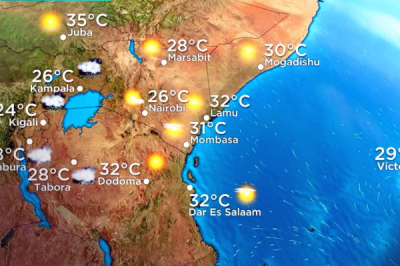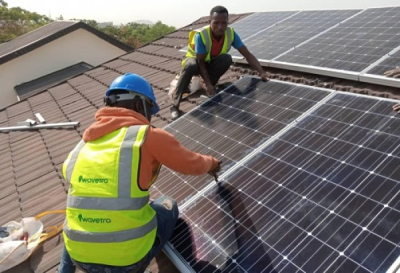As the world increasingly embraces digitalization, Ethiopia envisions a promising future for its digital economy. Recent analyses project substantial growth in this sector, with significant positive impacts on the country’s GDP.
Ethiopia's digital economy could contribute 1.3 trillion ETB (approximately $10.8 billion) to the country's GDP by 2028, according to a report released on October 24 by the GSMA in partnership with Ethio Telecom.
The report, "Driving Digital Transformation of the Economy in Ethiopia: Opportunities, Policy Reforms, and the Role of Mobile," attributes this growth to ongoing telecom reforms and investments in mobile technology, which are expected to boost sectors like agriculture, manufacturing, and public services.
The report predicts that these developments could also lead to over one million new jobs while generating 57 billion ETB in tax revenue. Ethiopia’s telecommunications reforms, conducted under the Home-Grown Economic Reform (HGER) program, have already helped the sector contribute 700 billion ETB to the GDP and 57 billion ETB in tax revenue in 2023.
Mobile internet coverage has expanded significantly, with mobile connections growing by 65% and 4G coverage increasing eightfold due to intensified competition and substantial investments from Ethio Telecom and Safaricom Ethiopia. If these efforts continue, GSMA estimates that 50 million Ethiopians will be connected to mobile internet by 2028. This increased connectivity is expected to fuel growth across sectors, adding 140 billion ETB to agriculture and 114 billion ETB to manufacturing.
Challenges in Digital Adoption
However, the report highlights significant obstacles to widespread digital adoption in Ethiopia. Despite network expansion, 76% of the population still does not use mobile internet. A substantial gender gap also remains, with internet usage among women lagging by 40%. Closing this gap is crucial to achieving broad-based digital inclusion.
To address these issues, GSMA’s policy recommendations include making mobile services more affordable, accelerating telecom reforms, improving device accessibility, and promoting mobile money services. Digitalization is seen as a key driver for Ethiopia’s Vision 2025, which aims to enhance productivity and create new economic opportunities for citizens.
Angela Wamola, GSMA’s Director for Sub-Saharan Africa, remarked, “Ethiopia is well-positioned to be a digital leader in East Africa. By implementing strategic reforms and improving access to digital tools and services, Ethiopia can unlock unprecedented opportunities for economic and social development.”
Samira Njoya.


